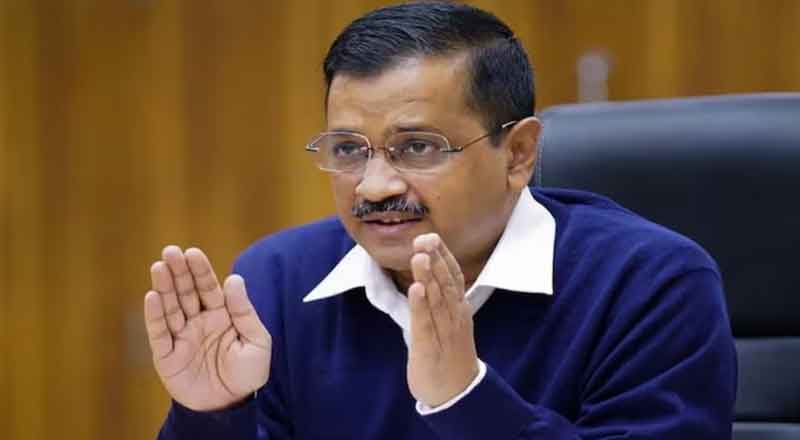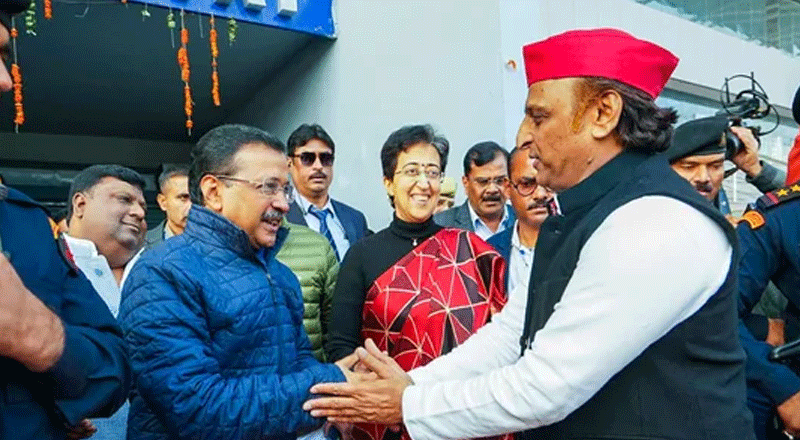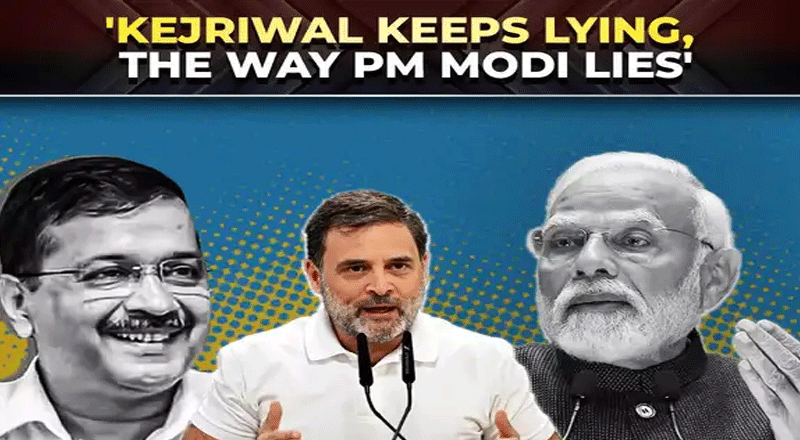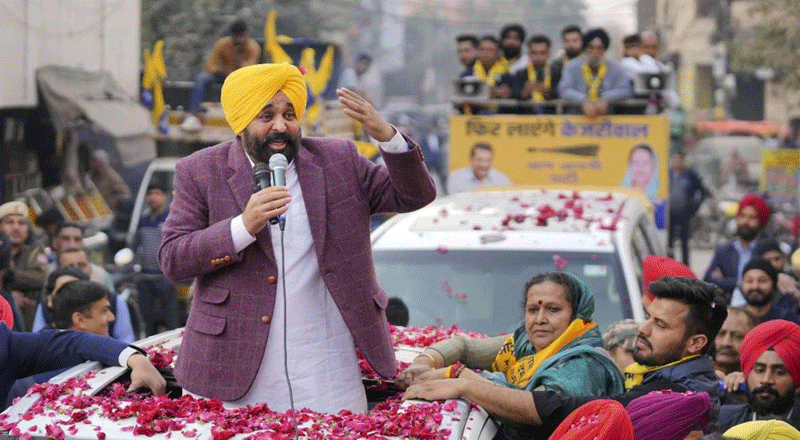In a recent development that has added yet another layer of complexity to the already tumultuous political landscape in Delhi, a Delhi court has denied the petition put forth by Arvind Kejriwal, the Chief Minister of Delhi and a Type 2 diabetes patient, seeking daily 15-minute video consultations with his personal physician. This decision comes amidst a swirl of controversy surrounding Kejriwal’s health care while incarcerated in Tihar Jail, following his arrest in connection with an alleged liquor policy scam.
The Rouse Avenue Court, instead of acceding to Kejriwal’s request for direct consultations with his doctor, has mandated the formation of a medical panel comprising specialist doctors. This panel is tasked with evaluating the necessity of regular insulin shots for the Aam Aadmi Party (AAP) leader, thereby introducing a new dimension to the ongoing legal battle and public debate over Kejriwal’s health concerns.
Kejriwal’s incarceration stemmed from his alleged involvement in a complex web of corruption related to the liquor policy. Since his arrest, he has been vocal about the purported denial of insulin by Tihar Jail officials, essential for managing his diabetes. Contrarily, the Enforcement Directorate (ED), the agency responsible for his arrest, alleged that Kejriwal deliberately consumed high-sugar foods to feign health issues and secure medical bail.
The back-and-forth between Kejriwal and the authorities has escalated, with each side presenting conflicting narratives regarding his medical treatment and the circumstances surrounding his health condition. Despite assertions from Tihar Jail officials about providing adequate medical care, Kejriwal contested their claims, presenting glucometer readings indicating consistently high blood sugar levels, ranging from 250 to 320 mg/dl, well beyond the normal range recommended by the World Health Organization.
Moreover, tensions escalated as Kejriwal accused Tihar Jail authorities of making false statements under political pressure, insinuating bias from the ruling Bharatiya Janata Party (BJP). He criticized the jail and investigative agency for politicizing his health concerns, labelling their actions as petty and vindictive.
The ED’s accusations against Kejriwal extend beyond his health condition. They allege his involvement in drafting a now-defunct liquor policy, purportedly seeking bribes amounting to approximately ₹600 crore in return for liquor licenses. The ED further claimed that a portion of these funds financed AAP’s electoral campaigns in Punjab and Goa.
Kejriwal and AAP vehemently deny all allegations, framing his arrest as politically motivated. Atishi, a colleague of Kejriwal, went as far as accusing the central government of orchestrating a conspiracy to eliminate Kejriwal, unable to defeat him democratically in elections.
Amidst the legal and political turmoil, Kejriwal’s plea for medical attention remains at the forefront. The court’s decision to reject his request for video consultations underscores the complexity of the situation. The formation of a medical panel reflects an attempt to address his health concerns through an impartial assessment by specialist doctors.
With the legal battle ongoing, Kejriwal’s fate hangs in the balance. His challenge to the arrest awaits a hearing in the Supreme Court, scheduled for April 29. Until then, the controversy surrounding his health and incarceration persists, serving as a focal point in the broader political landscape of Delhi, and raising important questions about the intersection of health, justice, and politics in contemporary India.
(With inputs from agencies)





